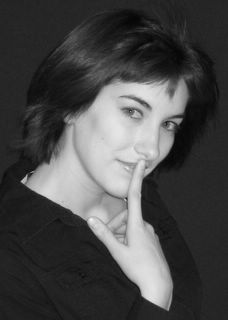I was on this train yesterday. The same route. The same time. Just one day earlier.
In case you don't like following links: it crashed. It ran into a car which it dragged for several hundred yards before finally crushing the car beneath the wheels. The grandmother and 8-year-old grandson died, and the 4-year-old granddaughter was critically injured. None of the 116 passengers or 4 crew were hurt.
This article, aside from the obviously alarming things (two people died; I was on it so recently; they don't know how it happened; a 4-year-old may be without a guardian), is alarming for another reason. In every iteration I've seen (all related to the Associated Press), this line appears "None of the 116 passengers or 4 crew was hurt." None is an indefinite pronoun with both singular and plural personalities. You can remember these with the acronym SAMAN: Some, Any, Most, All, None. When these appear before a preposition, the verb following it is either plural or singular depending on the object of the preposition. The preposition in this case is "of"; the object of "of" is "the 116 passengers or 4 crew". Last time I counted 116 + 4 added up to plural and "was" referred to singular things.
Perhaps they were confused with the pronoun "each" which is always singular. As in: to each her own. Or each of these pronouns has its own personality.
Wednesday, September 28, 2005
Acela and the Associated Press
Subscribe to:
Post Comments (Atom)


7 comments:
I think I should send your post to Bryan Garner (http://www.lawprose.org/about_bryan_a.htm) just in case he's looking for an associate.
The AP sucks. Check this.
How do you know all this? Can you teach me?
I know all of that because of a brilliant woman named D.Y. She is the Queen of Grammar. I am but a mere princess. And yes, if you have a plastic apple I can teach you anything.
"Nearly all good literary criticism is topical and occasional. It is not, that is to say, produced by the kind of person who looks round the library before breakfast and says to himself, 'What shall I criticise today?' The good critic is the man [or woman] on the spot; he [or she] feels in his [or her] own person the crises, the intersections, the growing points, of his [and her] culture." John Wain, "Four Contemporary Critics," in Essays on Literature and Ideas 132, 132 (1963).
Sr. Tio-
Are you suggesting that I am of the former (daily library check) or of the latter (topical/occasional) camp?
Or are you suggesting nothing?
Claro hijita, el segundo.
Post a Comment